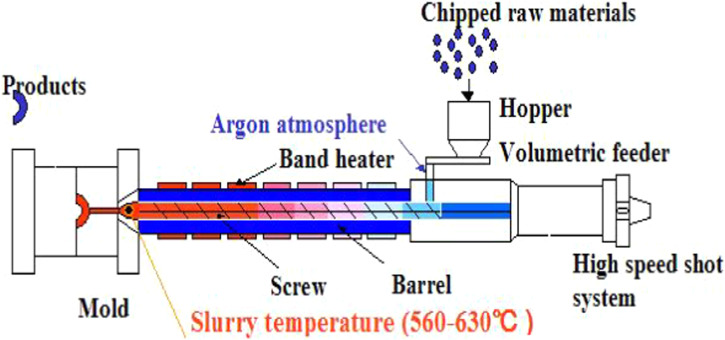In today’s rapidly advancing technological landscape, precision CNC machining has emerged as a pivotal manufacturing process for achieving superior accuracy and efficiency. CNC, which stands for Computer Numerical Control, refers to the automation of machine tools through the use of computers executing pre-programmed sequences of commands. This method allows for precise and repeatable machining operations, leading to enhanced productivity and product quality.
One of the key advantages of precision CNC machining is its ability to achieve exceptional accuracy. By utilizing computer-aided design (CAD) software, engineers can create highly detailed and intricate models of the desired product. These digital models are then converted into machine-readable code, which guides the CNC machine in executing the necessary manufacturing processes. This level of automation eliminates human error and ensures that the final product adheres to the exact specifications defined in the CAD model.
Moreover, CNC machines offer unparalleled precision due to their ability to perform complex operations with minimal deviations from the intended path. The machines can move in multiple axes simultaneously, allowing for intricate cuts, holes, and surface finishes that would be challenging or unattainable with traditional manual machining methods. This capability is particularly advantageous in industries such as aerospace, automotive, and medical, where precision is crucial for the functionality and safety of the final product.
Another significant benefit of precision CNC machining is its efficiency. CNC machines can operate continuously, 24/7, with minimal downtime for tool changes or reconfiguration. This uninterrupted operation translates into higher production rates, reduced lead times, and improved cost-effectiveness. Additionally, CNC machines can handle multiple tasks without the need for retooling, making them incredibly versatile and adaptable to changing manufacturing requirements.
Furthermore, CNC machines are capable of producing consistent and identical parts, even in large-scale production runs. Once the machining program is created and validated, it can be replicated across multiple machines, ensuring uniformity in the final products. This level of standardization is crucial in industries that demand interchangeable parts for assembly or replacement purposes. Additionally, CNC machines can store and recall previous machining programs, allowing for quick setup and production restarts, further enhancing efficiency.

With the advancements in technology, precision CNC machining has also embraced the integration of automation and robotics. CNC machines can be equipped with robotic arms for tasks such as material handling, tool changes, and quality inspections. This combination of CNC machining and robotics streamlines the production process, reduces human intervention, and enhances overall productivity. Furthermore, the integration of sensors and feedback systems enables real-time monitoring and adjustments, ensuring optimal performance and minimizing errors.
In conclusion, precision CNC machining has revolutionized the manufacturing industry by combining accuracy and efficiency. Through computer automation, CNC machines can achieve extraordinary levels of precision, producing complex parts with minimal human error. The continuous operation, versatility, and reproducibility of CNC machines contribute to enhanced efficiency, reducing lead times and costs. As technology continues to advance, the integration of automation and robotics will further enhance the capabilities and productivity of precision CNC machining. It is evident that precision CNC machining is an indispensable and transformative process that enables manufacturers to meet the demanding requirements of various industries, ensuring superior accuracy and efficiency in their products.
-

- Thixomolding parts & components mobile phone middle board processed
-

- OEM die casting service metal components of macbook middle
-

- Magnesium alloy foundry parts bicycle wheel with CNC machining & surface finishing
-

- Magnesium alloy thixomolding die-casting UAV parts C
-

- Magnesium alloy die casting auto parts transfer case
-

- Magnesium alloy die-casting LED display frame

 0086-750-5616188
0086-750-5616188 +86 13392089688
+86 13392089688 sales@zhongmei-tech.com
sales@zhongmei-tech.com







